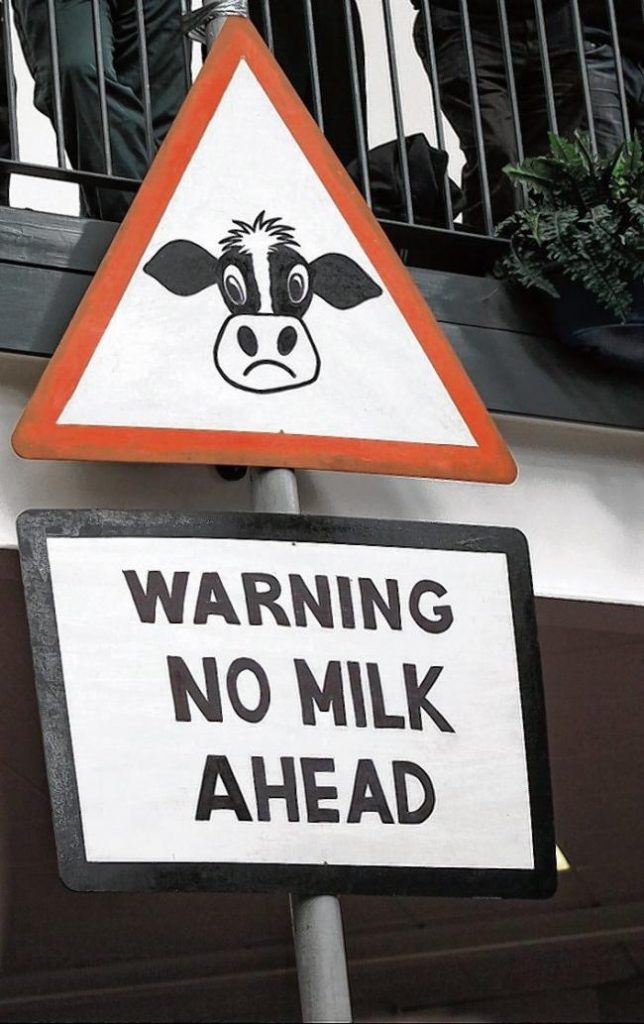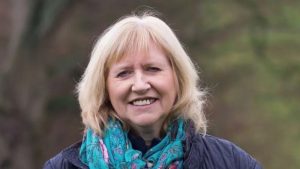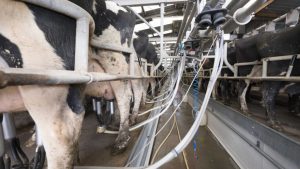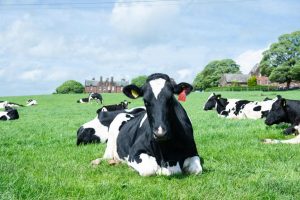
The UK Government’s newly announced immigration policy does not currently include dairy workers on the Shortage Occupation List – but the Royal Association of British Dairy Farmers wants that changed.
The new UK’s new immigration system will come into effect from January 1, 2021, and will assign points for specific skills, qualifications, salaries or professions and visas, giving priority to those with the ‘highest skills and greatest talents’. Home Office secretary of state Priti Patel has declared an ‘end to dependence on cheap labour from Europe’ and said that only migrant workers offered jobs paid more than £25,600 would stand a chance of qualifying.
Sector charity RABDF is in the process of coordinating an industry working group to highlight to Government the impact the new immigration rules will have on UK dairy businesses. A survey carried out in 2016 found over half of respondents employed staff from outside of the UK in the last five years – a 24% increase on 2014. Almost two-thirds said this was due to insufficient UK staff being available.
In the same survey, more than 50% of migrant workers on dairy farms were classed as highly skilled or mainly highly skilled, but this wouldn’t chime with the UK Government’s new immigration criteria.
Commenting on the decision, RABDF policy director Tim Brigstocke said: “Migrant workers have a huge range of skills that are core to the running of dairy farm businesses, from operating high-tech computers to ensuring optimum cow health and welfare. Although they have the skills needed on the farm whether they can demonstrate them with ‘a level equivalent qualifications’ is a different matter.
“In the 30 years I have been presenting evidence to Government this is the first time, when talking about labour, they don’t believe a word we are telling then,” he stressed, “This is a huge worry.”
RABDF council member and former chairman, Mike King, runs a herd of 700 cows in south Gloucestershire and has a workforce made up of 70% of migrant labour and is already experiencing labour shortages.
“In the last six months, there has been a gradual deterioration in the number of candidates applying for job positions and the vacancies are getting high,” he said. “We have been running adverts with no applications regardless of the rate of pay. We had hoped the announcement on the salary threshold would be beneficial, but the focus towards the skills angle and with dairying not classed as a skill and not listed on the MAC list is a worry.”
Mr King stressed that the home secretary’s message to fill the labour gap by investing in training ‘economically inactive’ people and using technology was misplaced and not the answer: “Robots may have their place, but they do not remove the need for labour. If we had robots on our farm, we would need to have more staff on call than we do now to deal with the breakdowns and problems that arise. Technology on farms will never replace the individual.”
























